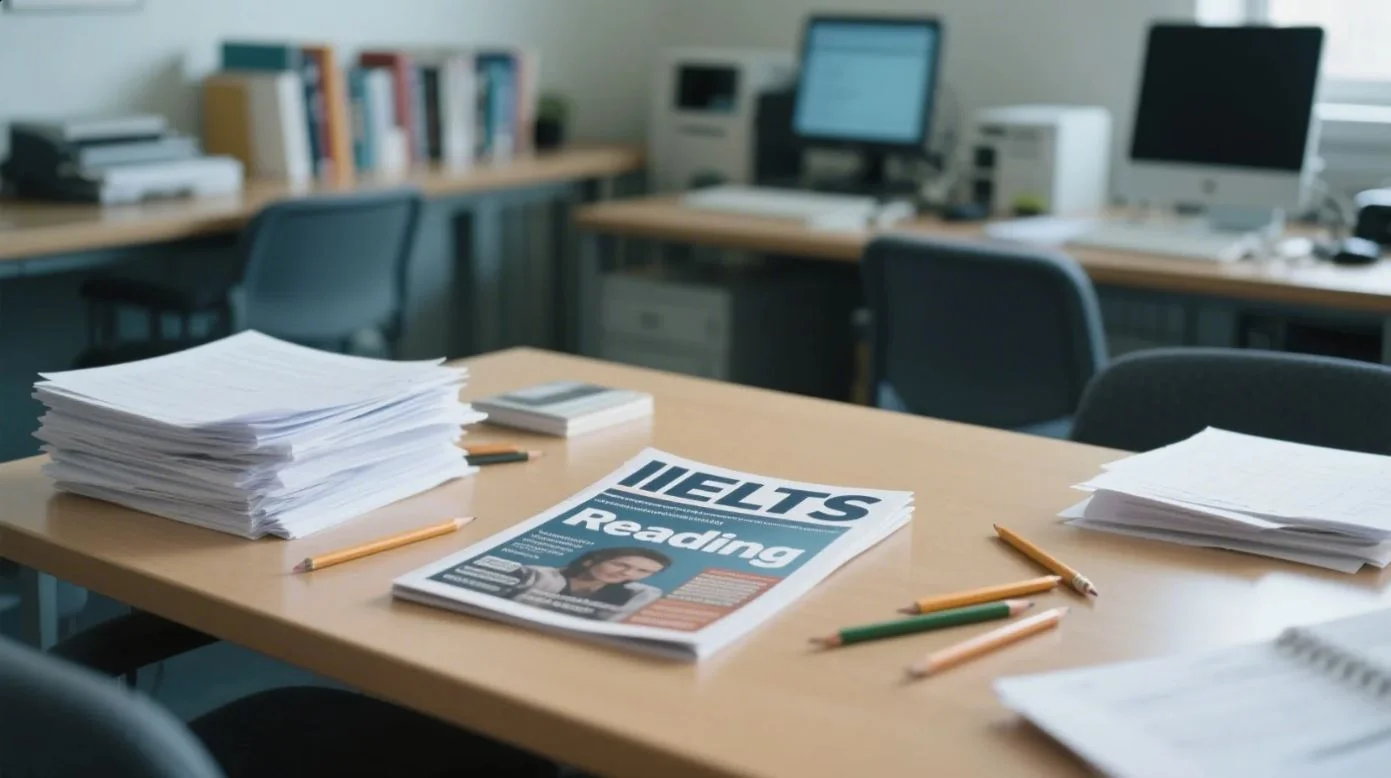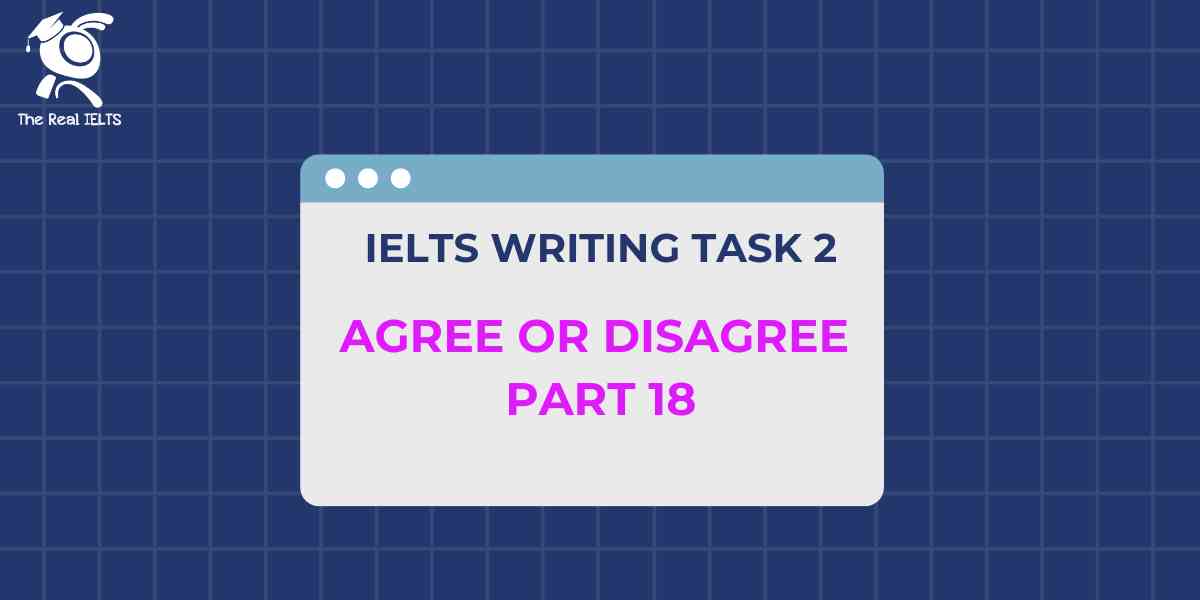IELTS Reading 17: Biotechnology and the future of food là chủ đề thuộc chuỗi bài luyện tập 11 dạng bài IELTS Reading và các bài tập luyện tập.
Học lại bài cũ: IELTS Reading 16: Stem cell research.
IELTS Reading: Biotechnology and the future of food
Paragraph 1:
Biotechnology has the potential to revolutionize the way we produce and consume food. In recent years, scientists have made significant advancements in genetic engineering, allowing for the creation of crops that are more resistant to pests, drought, and diseases. This technology, often referred to as genetically modified organisms (GMOs), could help meet the growing global demand for food as populations increase and environmental challenges become more severe. Proponents argue that biotechnology could lead to higher yields and more nutritious crops, ensuring food security for future generations.
Paragraph 2:
One of the major benefits of genetically modified crops is their ability to grow in harsh environments. Drought-tolerant crops, for instance, can thrive in areas that receive little rainfall, while pest-resistant crops reduce the need for chemical pesticides. This not only helps farmers produce more food but also reduces the environmental impact of agriculture. In addition, GMOs can be engineered to contain more vitamins and minerals, addressing nutritional deficiencies in regions where certain foods are scarce.
Paragraph 3:
Despite these advantages, there is ongoing debate over the use of biotechnology in food production. Critics argue that there are potential risks to human health and the environment. Some studies have suggested that genetically modified crops could cause allergic reactions or have unintended effects on non-target species, such as beneficial insects. Additionally, there is concern that the widespread use of GMOs could lead to a loss of biodiversity, as certain genetically engineered crops become dominant.
Paragraph 4:
Moreover, ethical considerations play a significant role in the debate. Many people are uncomfortable with the idea of altering the genetic makeup of living organisms for human consumption. There are also concerns about the control of the global food supply, as a small number of multinational corporations dominate the biotechnology industry. These companies hold patents on genetically modified seeds, which forces farmers to purchase new seeds each season, leading to increased dependence on corporate-controlled agriculture.
Paragraph 5:
Looking to the future, the role of biotechnology in food production will likely continue to expand. As climate change intensifies and natural resources become scarcer, innovative solutions will be needed to feed a growing population. While the potential benefits of biotechnology are clear, it is essential to carefully weigh the risks and consider the long-term impacts on both human health and the environment. Public policy, regulatory frameworks, and transparent scientific research will be key to ensuring that biotechnology is used responsibly to shape the future of food.
Question
1. Multiple Choice (Chọn đáp án đúng):
- What is one of the main benefits of genetically modified crops?
A) They increase the use of chemical pesticides.
B) They improve the taste of food.
C) They can grow in harsh environments.
D) They reduce the number of farmers. - Why are multinational corporations a concern in biotechnology?
A) They create low-quality crops.
B) They control the global food supply.
C) They make it difficult for GMOs to thrive.
D) They support small-scale farmers.
2. True/False/Not Given (Đúng/Sai/Không có thông tin):
- Genetically modified crops help reduce the need for pesticides.
- There is no concern about biodiversity when using GMOs.
- Biotechnology has eliminated all nutritional deficiencies in food.
3. Yes/No/Not Given (Có/Không/Không có thông tin):
- Does the passage suggest that GMOs may have unintended effects on non-target species?
- Does the passage state that biotechnology will completely solve food shortages in the future?
- Does the author believe that GMOs should be banned worldwide?
4. Matching Information (Ghép thông tin):
Match the following statements with the correct paragraphs (1-5):
- Biotechnology can increase crop yields in difficult environments.
- Concerns about multinational companies controlling the food supply.
- Public policy will be crucial for the responsible use of biotechnology.
Options:
- Paragraph 1
- Paragraph 2
- Paragraph 4
- Paragraph 5
5. Matching Headings (Ghép tiêu đề):
Match the following headings with the correct paragraphs (1-5):
- The advantages of GMOs in food production
- Ethical issues in biotechnology
- Future outlook for biotechnology and food security
Options:
- Paragraph 1
- Paragraph 2
- Paragraph 4
- Paragraph 5
6. Matching Sentence Endings (Ghép kết thúc câu):
Match the beginnings of the sentences with their correct endings:
- Genetic engineering allows scientists to…
- GMOs can help farmers by…
- Critics worry that GMOs may…
Endings:
A) …lowering pesticide use and improving crop yields.
B) …altering the genes of plants to improve their traits.
C) …cause negative effects on non-target species.
7. Sentence Completion (Hoàn thành câu):
Complete the following sentences using words from the passage:
- Biotechnology may help address __________ by enhancing the nutritional value of crops.
- Ethical concerns arise because biotechnology is controlled by __________ corporations.
- Some GMOs are designed to survive in areas with __________ rainfall.
8. Summary Completion (Hoàn thành bản tóm tắt):
Complete the summary below using words from the text:
Biotechnology, especially in the form of genetically modified organisms (GMOs), could help address food shortages by making crops more __________ to drought and pests. However, critics point to potential risks to __________ and the dominance of large corporations in controlling the global food supply.
9. Diagram Label Completion (Hoàn thành nhãn sơ đồ):
Based on the information in the passage, label the diagram showing the production process of genetically modified crops. Use words from the passage:
- Genetic modification to improve crop resistance
- __________ crops growing in harsh environments
- Reduced need for __________ in farming
10. Short Answer Questions (Câu hỏi trả lời ngắn):
Answer the following questions using no more than three words:
- What do some GMOs help reduce in farming?
- Who controls most genetically modified seed patents?
- What might GMOs cause in certain people?
11. Table/Flowchart/Note Completion (Hoàn thành bảng/sơ đồ dòng/chú thích):
Complete the flowchart about how biotechnology impacts food production:
- Biotechnology introduced → 2. Crops modified to be __________ → 3. Less __________ needed → 4. Improved __________ production
Answers
1. Multiple Choice (Chọn đáp án đúng):
- C) They can grow in harsh environments.
- B) They control the global food supply.
2. True/False/Not Given (Đúng/Sai/Không có thông tin):
- True
- False
- Not Given
3. Yes/No/Not Given (Có/Không/Không có thông tin):
- Yes
- No
- No
4. Matching Information (Ghép thông tin):
- Paragraph 2
- Paragraph 4
- Paragraph 5
5. Matching Headings (Ghép tiêu đề):
- Paragraph 2 (The advantages of GMOs in food production)
- Paragraph 4 (Ethical issues in biotechnology)
- Paragraph 5 (Future outlook for biotechnology and food security)
6. Matching Sentence Endings (Ghép kết thúc câu):
- B) …altering the genes of plants to improve their traits.
- A) …lowering pesticide use and improving crop yields.
- C) …cause negative effects on non-target species.
7. Sentence Completion (Hoàn thành câu):
- Biotechnology may help address nutritional deficiencies by enhancing the nutritional value of crops.
- Ethical concerns arise because biotechnology is controlled by multinational corporations.
- Some GMOs are designed to survive in areas with low rainfall.
8. Summary Completion (Hoàn thành bản tóm tắt):
Biotechnology, especially in the form of genetically modified organisms (GMOs), could help address food shortages by making crops more resistant to drought and pests. However, critics point to potential risks to biodiversity and the dominance of large corporations in controlling the global food supply.
9. Diagram Label Completion (Hoàn thành nhãn sơ đồ):
- Resistant crops growing in harsh environments
- Reduced need for pesticides in farming
10. Short Answer Questions (Câu hỏi trả lời ngắn):
- Pesticides
- Multinational corporations
- Allergic reactions
11. Table/Flowchart/Note Completion (Hoàn thành bảng/sơ đồ dòng/chú thích):
- Resistant
- Pesticides
- Food















